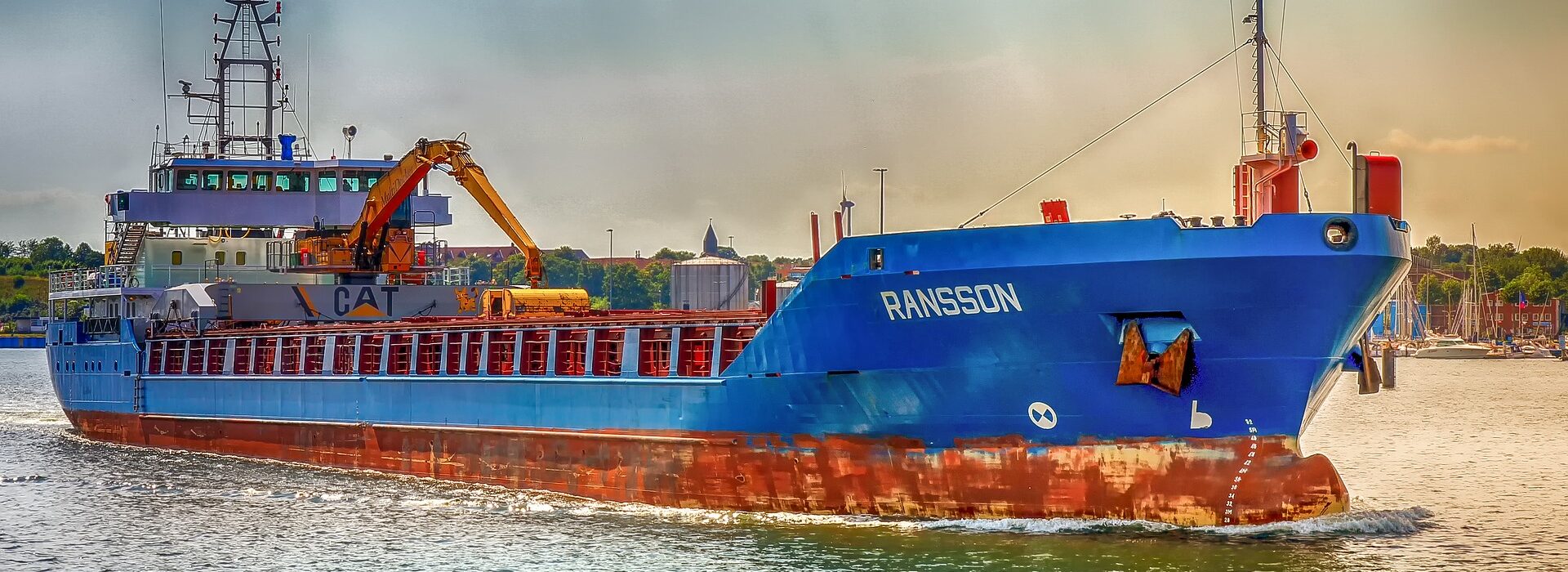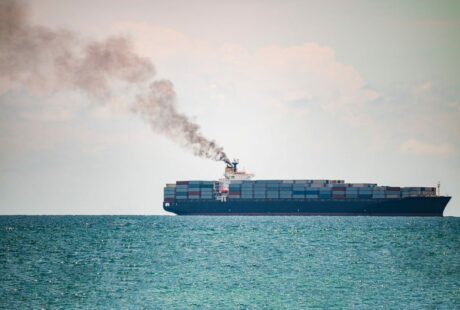Today’s decision by the International Maritime Organisation (IMO) to cap the sulphur content of marine fuels sold worldwide at 0.5% by 2020 has been applauded by environmental groups Transport & Environment and Seas At Risk, which are members of the Clean Shipping Coalition. This will reduce SO2 emissions – which cause premature deaths from diseases such as lung cancer and heart disease – from shipping by 85% compared with today’s levels.
The global cap on the content of sulphur in marine fuel by 2020 or 2025 was first agreed by acclamation in 2008. The sulphur limit for marine heavy fuel oil is 3,500 times higher than the limit for diesel used in Europe’s cars and trucks, making the shipping industry the second biggest SO2 emitter after China.
Bill Hemmings, shipping director at Transport & Environment, said: “This is a landmark decision and we are very pleased that the world has bitten the bullet and is now tackling poisonous sulphuric fuel in 2020. This decision reduces the contribution of shipping to the world’s air pollution impact from about 5% down to 1.5% and will save millions of lives in the coming decades. Now the focus should shift towards implementing this decision, which is a big issue since it’s not yet clear who should police ships on the high seas, and how.”
The date of implementation was made dependent on the results of a study to determine whether enough fuel below 0.5% sulphur content would be available by 2020. The study, commissioned by the IMO and completed last August, shows that under all scenarios and sensitivity options considered, there will be sufficient clean fuel available in 2020, paving the way for today’s decision. If it had been found that enough fuel would not be available by 2020, postponement to 2025 would have been on the cards.
John Maggs, senior policy officer at Seas at Risk, said: “Air pollution, including from shipping, is a global health and environmental scourge. The world has waited a long time for the shipping industry to clean up its act and move towards cleaner fuel. That moment has come. Cleaner shipping fuel will become a legal reality in 2020. Thousands of premature deaths will be avoided and millions of people around the world will now quite literally be able to breathe easier.”
A study reviewing the health impacts by a group of leading researchers from the United States and Finland found that on-time (2020 not 2025) implementation of a global low-sulphur fuel cap for shipping would prevent some 200,000 premature deaths due to less toxic fumes, mainly in coastal communities in the developing world. [1] This includes 134,650 avoided premature deaths in Asia, 32,100 in Africa and 20,800 in Latin America.
Note to editors:
[1] James J Corbett, James J Winebrake, Mortality from ship emissions: a global assessment (2016).
Posted on: 27 October 2016



